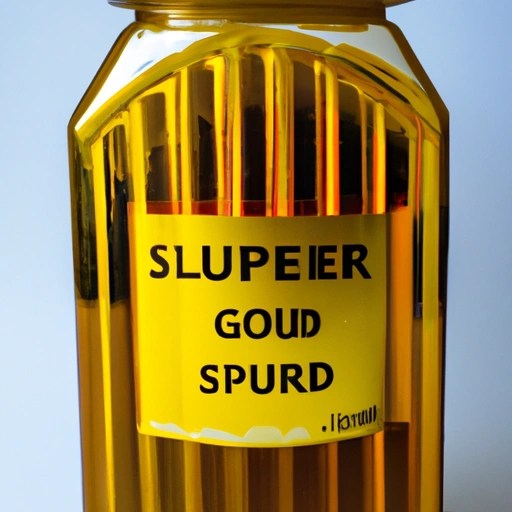Golden Syrup
Description

Golden syrup is a thick, amber-colored form of inverted sugar syrup, made in the process of refining sugar cane or sugar beet juice into sugar. Its consistency is similar to that of honey, and it has a distinctively buttery, toasty flavor that is both rich and smooth. Golden syrup is known for its ability to retain moisture and resist crystallization, making it a favored ingredient in a variety of cooking and baking recipes. It's commonly used in both metric measurements (grams and milliliters) and U.S. customary units (cups, tablespoons, and teaspoons).
Common uses
Golden syrup is not only a key ingredient in classic British treats such as treacle tart and flapjacks but also a versatile sweetener for a range of culinary applications. It's often used as a topping for pancakes, waffles, and porridge, and as a sweetening agent for teas, coffees, and other beverages. Furthermore, golden syrup finds its place in savory recipes, offering a subtle sweetness to sauces, marinades, and glazes for meats and vegetables.
Nutritional value
Calories
Golden syrup contains about 60 calories per tablespoon (20 ml/20 grams), primarily from carbohydrates.
Protein
It contains no protein, as it is a pure carbohydrate source.
Fat
Golden syrup has negligible amounts of fat, making it virtually fat-free.
Carbohydrates
Each tablespoon contains around 15 grams of carbohydrates, mostly in the form of sugars.
Vitamins
There are no significant amounts of vitamins in golden syrup.
Minerals
The syrup contains trace amounts of minerals, but not in quantities considered nutritionally significant.
Health benefits
As a sugar-based product, golden syrup's health benefits are limited. However, it can provide quick energy due to its high carbohydrate content. It also has a lower glycemic index compared to regular table sugar, which may result in a less rapid increase in blood sugar levels.
Potential risks
Excessive consumption of golden syrup, like any added sugar, can contribute to health issues such as obesity, type 2 diabetes, and heart disease. It should be consumed in moderation, especially by individuals with pre-existing health conditions that require the management of sugar intake.
Common recipes
Golden syrup is a key ingredient in recipes like treacle tarts, Anzac biscuits, and steamed puddings. It's also used to make the classic British dessert, Lyle's Golden Syrup Sponge.
Cooking methods
It can be used in baking, frying, and as a topping or drizzle. Its high sugar content allows it to caramelize well under heat, making it excellent for glazing and browning.
Pairing with other ingredients
Golden syrup pairs well with a variety of flavors, from citrus fruits to ginger and spices like cinnamon and nutmeg, enhancing the taste profile of desserts and savory dishes alike.
Summary
Golden syrup is a versatile and indulgent sweetener with a rich history. Its unique flavor and texture make it a favorite in various cuisines, capable of enhancing both sweet and savory dishes. While not a health food, it can be enjoyed as part of a balanced diet when used in moderation. Its presence in kitchen pantries around the world is a testament to its enduring appeal and culinary importance.